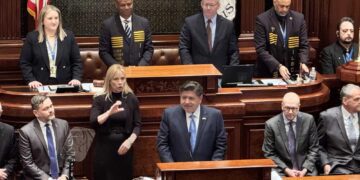The topic is a hot one – college is expensive, and it's common for those choosing college to go into debt to pay for their degrees. As the cost of college degrees has skyrocketed, so has the amount of debt the students acquire and take with them after they graduate.
The debt burden is so great now that higher-educated Americans are demanding their loans be forgiven – wiped out. But then who pays? Taxpayers – the same ones that worked to pay their tuition, that sacrificed luxuries in order to pay their children's education, those that are less educated.
So should the less-educated pay the more-educateds' student loans? The Foundation for Economic Education shared this info in a recent piece:
Note that just one in three American adults over age 25 actually has a bachelor’s degree. This population, naturally, holds almost all student debt. Yet college graduates typically make 85 percent more than those with only a high school diploma and earn roughly $1 million more over a lifetime.
So any government policy that forces taxpayers to pay off loans held by a relatively well-off slice of society is actually regressive, meaning it disproportionately helps the wealthy. You don’t have to take my word for it—this is the finding of a new University of Chicago study.
Economists Sylvain Catherine and Constantine Yannelis crunched the numbers to conclude that full student debt cancellation would be a “highly regressive policy” and award $192 billion to the top 20 percent of income earners, yet just $29 billion to the bottom 20 percent.
“Outstanding student debt is inversely correlated with economic hardship,” study co-author Catherine writes. “So it is difficult to design a forgiveness policy that does not accentuate inequality.”
More HERE.
What do you think?







